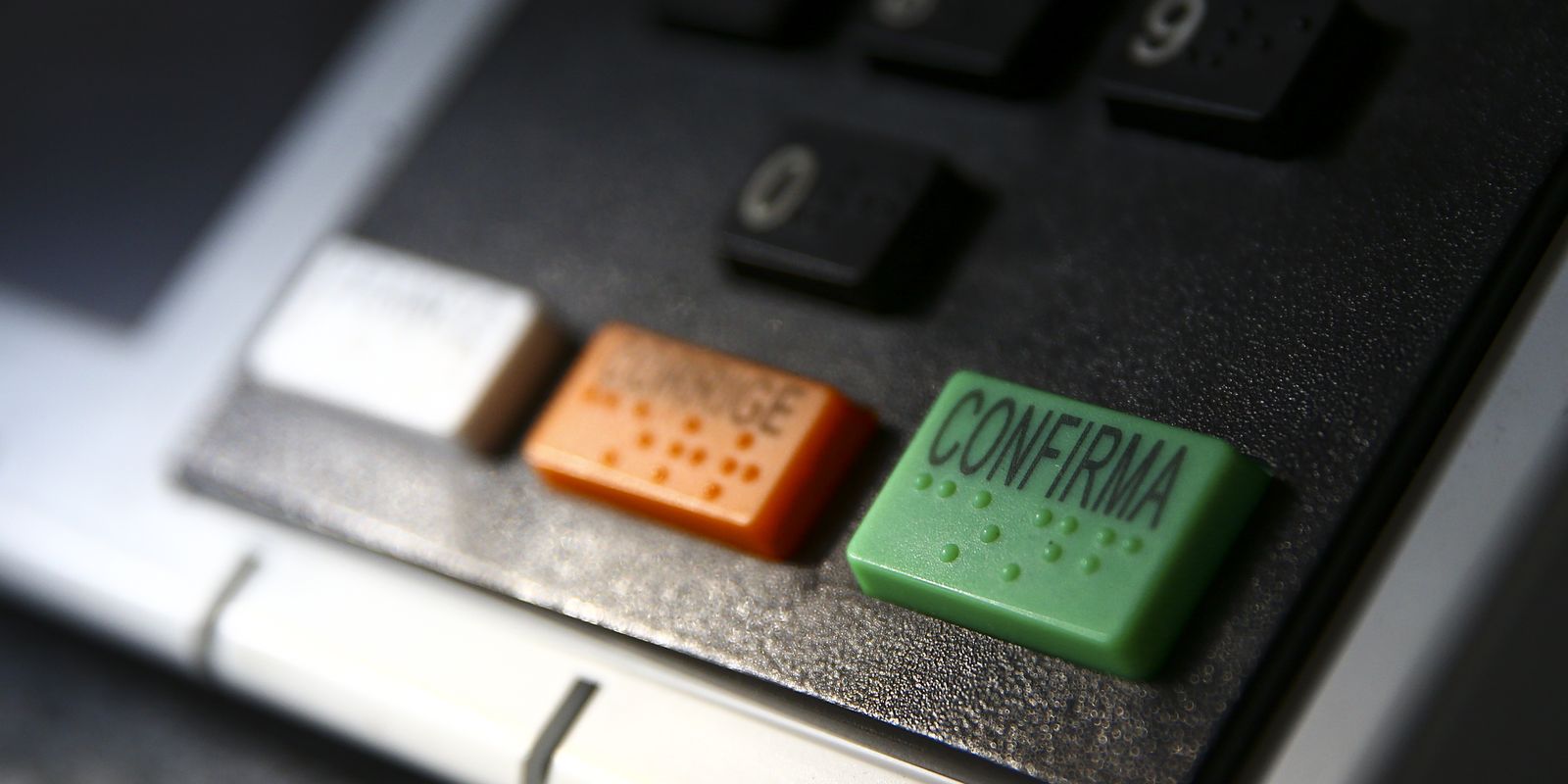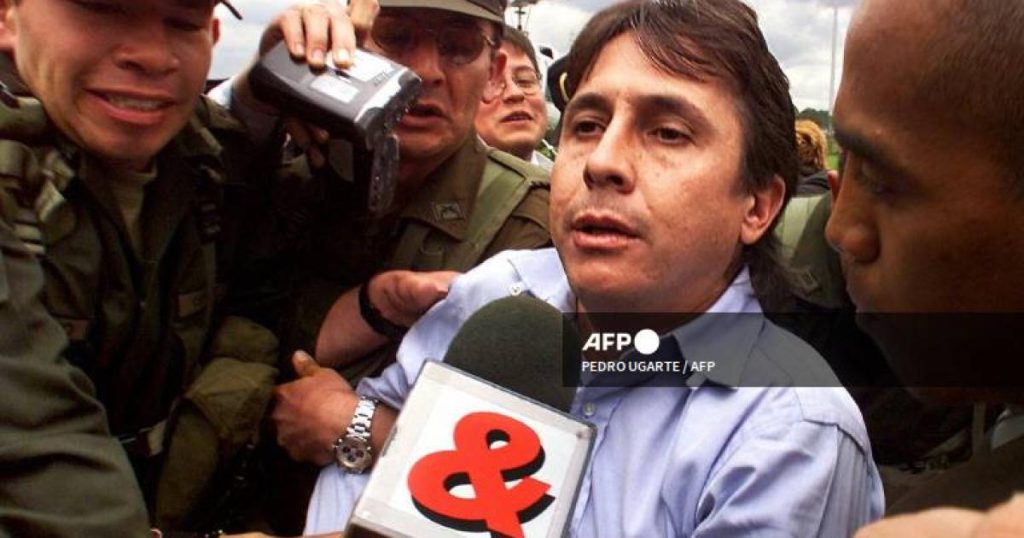The Constitution, Justice and Citizenship Committee of the Chamber of Deputies approved, this Wednesday (11), the Bill No. 1,169/2015 which aims to allow political parties to request a physical recount of votes in national, state, district or municipal elections.
In practice, the proposal to change the so-called Elections Law (Law nº 9,504/1997), presented by federal deputy Carlos Henrique Gaguim (União-TO), in 2015, seeks to establish the printed vote in Brazil, prohibiting the adoption of the purely electronic ballot box, and makes the verification of votes from the electronic ballot box mandatory. The approval of the project contradicts the decision of the Federal Supreme Court (STF), which, in 2020, declared printed vote unconstitutional.
At the CCJ, the replacement for federal deputy José Medeiros (PL-MT), rapporteur of the project, was approved by 31 votes to 20. To become law, however, the project still needs to be approved in Plenary, by the Chamber, and by the Senate .
Medeiros had already presented his report on the 4th, voting for the constitutionality, legality and approval of PL 1,169, as well as the other suggestions added to the original project. However, the vote on the rapporteur’s opinion was interrupted by a request for a review – that is, for more time to analyze the issue – from left-wing parliamentarians opposed to the initiative.
In his opinion, Medeiros proposed that, immediately after the end of each new vote, 5% of the electronic ballot boxes should be randomly selected so that the votes cast in them can be counted publicly, in the electoral section itself, by the members of the polling station. As suggested by federal deputy Lafayette de Andrada (Republicanos-MG), electronic votes must be compared with records made on paper.
“The original project talked about the public counting of votes. In other words, it was back to manual counting, with everyone watching the count. I considered that it would be a very radical change considering what we have today, with electronic voting machines. The rapporteur [Medeiros]then, he accepted my suggestion: we maintain the electronic ballot box, which will print each vote, which will fall into a ballot box. And, obligatorily, we draw a sample of 5% of the electronic ballot boxes to check the physical votes”, explained Andrada.
The ballot boxes must be chosen through a public draw, held in the presence of representatives of political parties, the Public Ministry, the Brazilian Bar Association (OAB) and other interested entities. Each vote will then be taken individually, read aloud, presented to the panel members and recorded on the ballot box.
“The implementation of public counting in a random sample of 5% of ballot boxes seeks to improve the transparency and reliability of the electoral process, without compromising the speed of the count. The random selection of ballot boxes for manual counting serves as an audit mechanism, allowing the identification of possible inconsistencies between the electronic and physical results”, maintains Medeiros, adding that the media will “reinforce the credibility” of the Brazilian electoral system.
For federal deputy Coronel Fernanda (PL-MT), the approval of the project could help to “pacify the country”. “We will be able to verify [a segurança das urnas eletrônicas]leaving no one left in doubt about it. We need to reach a middle ground to achieve peace for the 2026 elections and I believe that this proposal is that middle ground […] so that Brazilians once again have confidence in the electoral system. I don’t want to say that, today, this system has flaws, but if we all come together and have the conditions to, in the end, be able to count, reevaluate or verify, no one will be able to use any form of doubt about the elections in our country anymore”.
Representative Helder Salomão suggested that the debate is unusual. “Those who question electronic voting machines only do so when they lose elections. When they win, they say nothing about the electronic voting system, which is approved and seen by other countries as a great advance. To date, there has been no relevant fact that could effectively call into question transparency, security and electoral results since 1996, when electronic voting machines were used for the first time. [no Brasil]”.
Salomão’s speech coincides with the position of 23 of the entities that make up the non-partisan Pact for Democracy movement, including Transparency Brazil and Conectas Human Rights. In note released this Tuesday (10), social organizations argue that PL 1,169/15 cannot be approved as it represents a return to the past. “In practice, the project seeks to establish the printed vote in Brazil, not as a way to strengthen the electoral process, but as a strategy to fuel distrust in the voting system and significantly increase the possibility of obstruction in a system that has been proven safe and intact”, support the entities.
“Since 2014, peaking in 2022, anti-democratic actors have promoted narratives that question the integrity of the electronic voting system in Brazil. Even in the face of numerous reports that attest to the security of the current voting system, prepared by experts from renowned universities and audits carried out by parties from different political spectrums, these groups show little interest in improving the system. The objective is clear: to spread misinformation and undermine confidence in electronic voting machines, an essential foundation for holding fair, reliable elections and strengthening democracy in the country”, add the social organizations.















